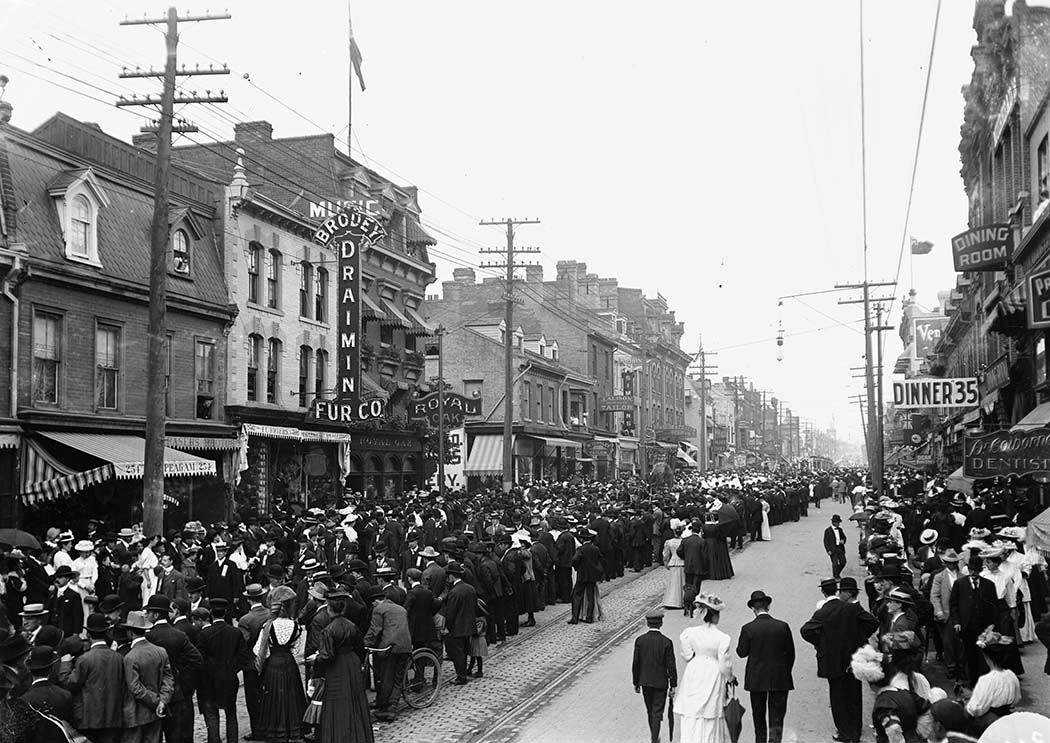In honour of Labour Day, AU Press has invited Jason Russell, coordinator of Labor and Policy Studies at Empire State College –SUNY and editor of our Fabriks series, to share some insights on Labour Day and the upcoming Canadian federal election.
Celebrating Labour Day in September is unique to North America as other parts of the world mark the occasion on May 1—May Day. While the former holiday is more often associated with vacation and the end of summer, the latter is still much more of an occasion for the public to engage in demonstrations and political discussions of labour issues. The two holidays consequently seem different, but this year, Labour Day is suddenly much more political in Canada than it has been in a long time. This year, Labour Day falls in the middle of Canada’s longest national election campaign since 1872.
The 2015 federal election is pivotal for labour in Canada, both organized and unorganized. After all, this is the first time in Canada’s history that a political party that unions were instrumental in founding—the New Democratic Party—enters the election as the official opposition with a realistic chance of forming government.
We live in an era of profound and unrelenting change when it comes to work and employment. Most of the jobs created in Canada since the Great Recession (which experts believe ended in 2009) have been part-time and are considered precarious positions. For most workers, wages and benefits are either stagnant or in decline. The problem of wealth and income inequality continues to grow as economic rewards are concentrated at the top of the income scale and a large number of Canadians suffer from long-term unemployment and chronic underemployment. In addition, the country is facing issues surrounding immigration and the exploitation of migrant workers.
Of course, there are some limits to what the federal government can do to influence working conditions for most Canadians because most workers in this country are covered under provincial labour and employment legislation. But each one of the changes in the labour market described above is part of a larger social issue, and there is no better time to discuss these issues than during a national election campaign.
For example, organized labour has long argued that free trade agreements led to the loss of well-paying jobs. However, there is strong support in the business community for the federal government to sign two new major trade agreements: the Trans-Pacific Partnership and the Comprehensive Economic and Trade Agreement. If implemented, both of these agreements would profoundly impact work and labour in Canada and so it is particularly important to see whether the major party leaders endorse or oppose such agreements
.
The federal government elected by Canadians in October will have enormous influence on working life in Canada. Socio-economic opportunity is shaped not only by labour and employment, but also by access to education and health care. In both areas, Canadians have seen less funding from federal governments over the past two decades. Organized labour has always strongly supported good, accessible public education and universal public health care. A full discussion on the future of both of these public services must occur during this election. The issues mentioned here are just a few of the topics that Canadians should be thinking about over the Labour Day holiday and throughout the election.
Jason Russell
Empire State College – SUNY
Fabriks Editor
For more information about the history of labour and the working class in Canada visit the AU Press website https://www.aupress.ca/index.php/books/series#Fabriks



